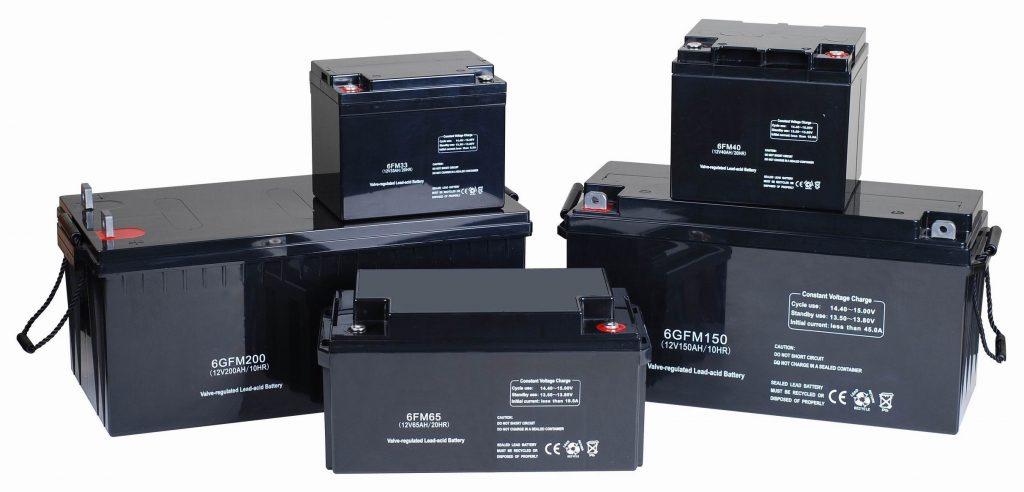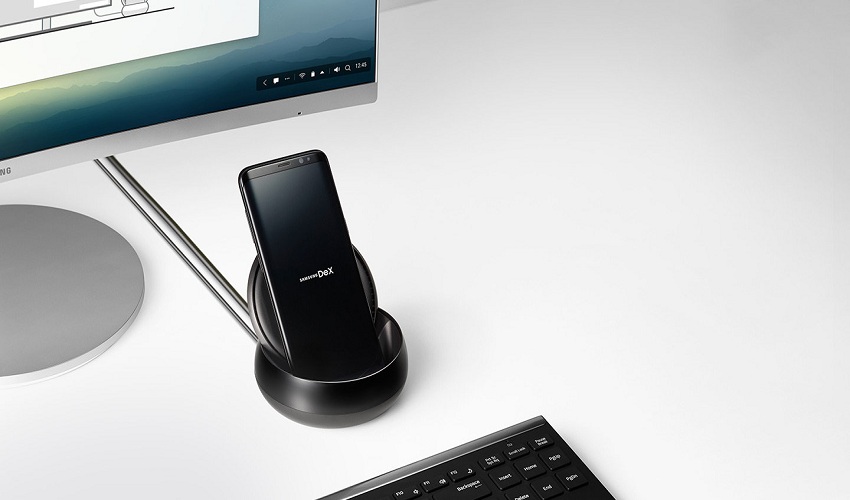Recent research shows that 25% of unscheduled downtime in a Data Center is caused by UPS failure and 50% of UPS failures are due to low quality or end of battery life.
The battery for UPS (แบตเตอรี่ เครื่องสำรองไฟฟ้า, which is the term in Thai) is a fundamental element to ensure that, in critical moments of power failure, the user will have the autonomy necessary to maintain their operations.
If not constantly checked, the battery can become the biggest villain in a UPS system. If the batteries are compromised, power failures can lead to unwanted system shutdown.
How long will the battery last?
This is one of the things we must think about, especially when the “BEEP” low battery warning sounds. The most usual answer to this question is “every 3-5 years.”
There are five main aspects that affect the battery life of the UPS: storage, ambient temperature, cycle usage, battery maintenance and storage.
Our consumers are counting on us to make suggestions and the last aspect we would like is for a customer to learn the hard way: wait a long time to replace a battery and have to be alerted by a frustrating “BEEP” in the background.
Think in terms of small or medium-sized businesses, with single-phase USP installed throughout your organization. When considering various UPS, from a budgetary point of view every 3-5 years is a considerable time interval and can have a large impact on the company’s operating budget.
Do these companies prefer to opt for safety and change batteries after 3 years? Others choose to wait a little longer and some try to keep an inventory of spare batteries – which comes with their own set of challenges.
If your UPS indicates the need to replace your batteries, do not wait for it to stop working, replace them immediately!

Jose Kolb is a wonderful person. He is very nice and always willing to help out! He loves his job because it lets him share interesting things with people who want to know about new developments in the world of technology.



